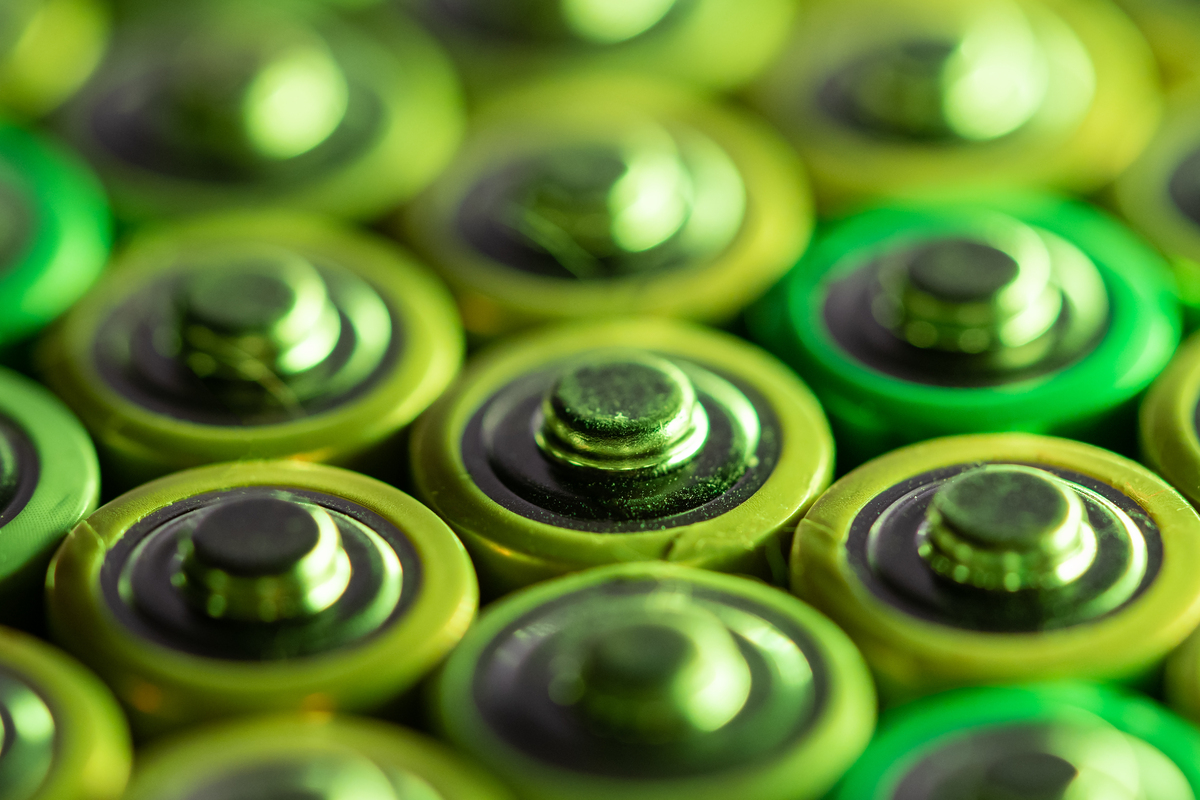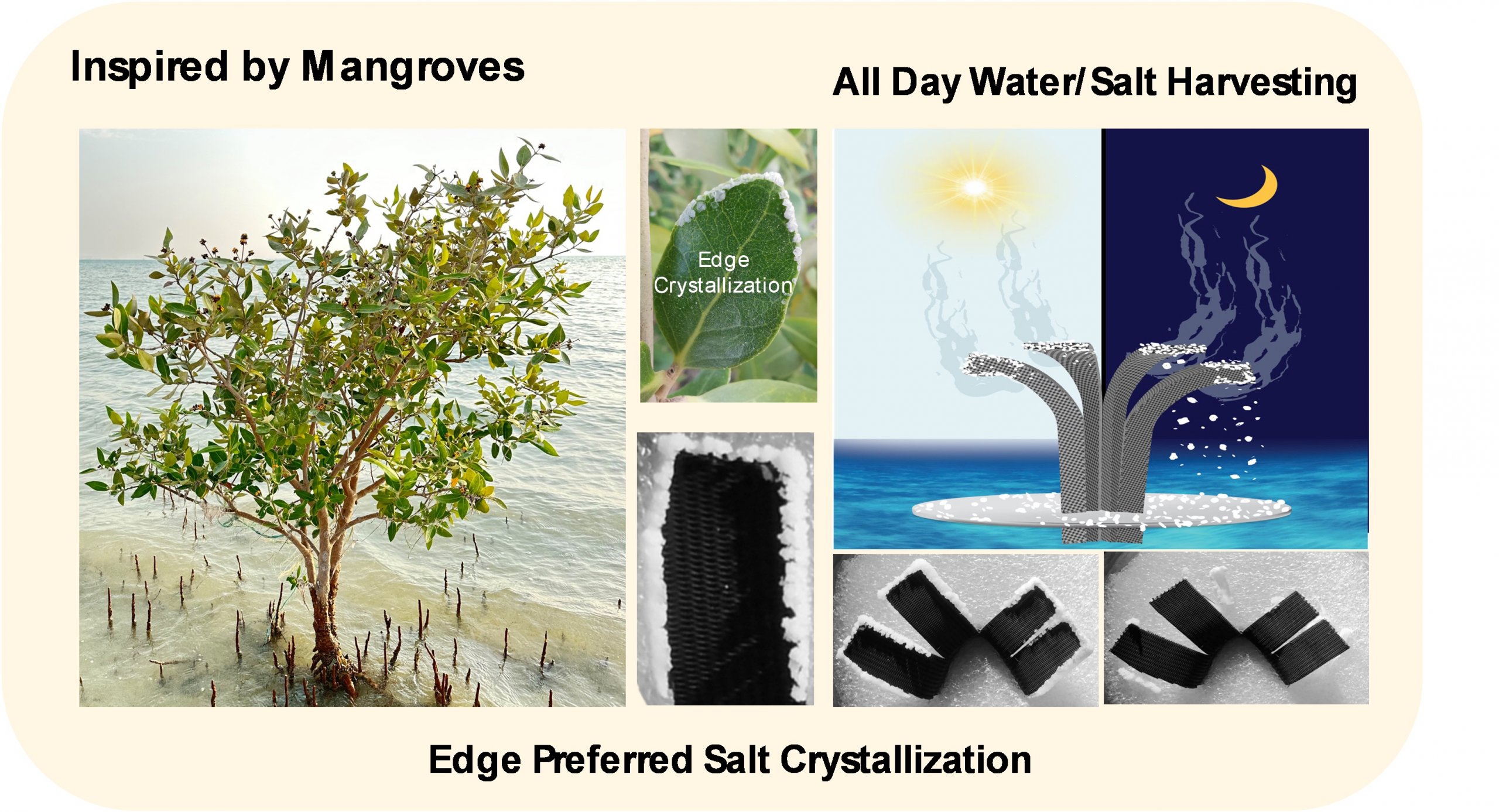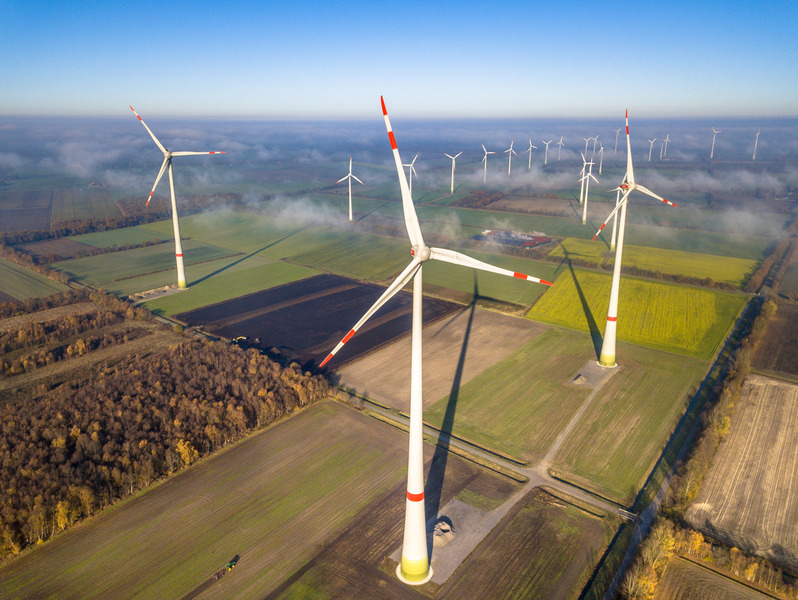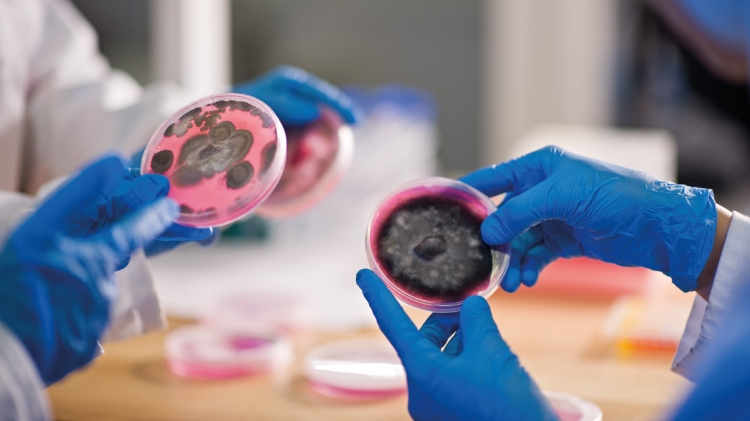
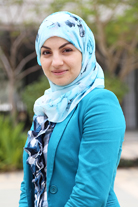
The ground under your feet is more important than you think. It retains moisture and nutrients for vegetation, helping grow the food you eat. Scientists at the Masdar Institute are working on a way to help ensure UAE’s soil stays in healthy for years to come.
The term “worth dirt” says a lot about the value we place on soil. After all, the land is abundantly covered in soil and we ascribe it little worth and pay it even less attention.
But in reality, soil is a precious resource produced from rock over millennia, and can therefore be considered a non-renewable resource. When the quality of that soil suffers, so too does society.
But how do we even assess “soil quality” – a concept some may consider to be a paradox?
One measure is its capacity to function within an ecosystem – to sustain plant and animal life, maintain or enhance water and air quality, and support human health.
There are many indicators, including the soil’s structure, its water-holding capacity, the amount of organic matter it includes, how porous it is and how many microorganisms it hosts. The most important, though, is the amount of organic carbon.
Soil organic carbon – the dark brown or black content of soil – improves its physical and chemical properties, allowing soil to hold more water, preventing nutrients from leaching and maintain its chemical balance.
It is also the main source of energy for microorganisms, which play an important role in soil fertility, organic matter composition and disease resistance of plants.
And it is the glue that holds soil particles together into stable aggregates that are resistant to soil erosion.
My research team at Masdar Institute is trying to increase the organic carbon content of the UAE’s soils, which are intrinsically poor in organic carbon.
Improving them would allow for more productive and wider agricultural activity, allowing us to grow more of our own food while removing carbon from the air.
It would also help reduce the problem of desertification – the degradation of land, particularly in dry climates.
In desertification, land loses fertility and vegetation. Eventually, without the cover of plant life, topsoil that took aeons to produce could be picked up by the wind and cause sandstorms, landslides, and even respiratory infections in people.
These can all be a major drain on national revenue in lost productivity, healthcare costs and even air travel interruptions.
Equally important is that increasing soil organic carbon can reduce the water loss caused by evaporation and runoff, by allowing the UAE’s landscapes to better absorb rain and irrigation water.
Agricultural irrigation accounts for some 60 per cent of desalinated water use – a large drain on national resources. Making it more efficient could not only save precious water, but also the money and fossil fuels that are used for desalination.
The soil carbon solution we are researching will also help contribute to the UAE’s sustainability, waste and land management practices.
Using the process of pyrolysis – decomposition brought about by high temperatures – we intend to turn readily available green farm waste into an inert form of carbon known as “biochar”, whichcan then be mixed back into the soil. Such material is otherwise wasted in landfills or burned – neither of which is environmentally ideal.
Land application of biochar also contributes to the fight against global warming by permanently sequestering atmospheric carbon into the earth as soil carbon. In effect, this makes it a low-cost way of helping the UAE meet its goal of reducing carbon emissions.
With this research, we hope to turn waste into a tool that can be used to improve soil quality and therefore the quality of life, food security, and health in the UAE and contribute to the country’s vibrant future.
Dr. Lina Yousef is an assistant professor of water and environmental engineering at the Masdar Institute of Science and Technology.


